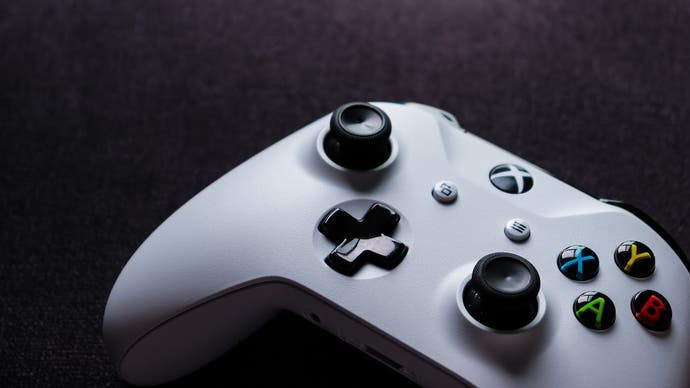Microsoft, Nintendo praised for improvements to use of minerals from conflict zones
While Sony results regress.
An annual report into the use of minerals sourced from conflict zones by major technology companies has praised Microsoft and Nintendo for their efforts to improve over the past year.
But the same report - compiled by former GamesIndustry.biz writer Brendan Sinclair, now at Unlosing Writer - also highlighted how Sony had regressed.
The use of minerals in hardware manufacturing - most commonly tin, tantalum, tungsten, and gold - is tracked by US and EU legislation to ensure companies disclose the countries and specific mines where their resources originate in a bid to ensure these operations aren't funding human rights abuses.
This year's report reflects on an overall dip in standards caused by the Covid pandemic - when inspections were more difficult and conditions more opaque - to the situation this year, which has seen improvements by several major brands.
Microsoft reports that 87 percent of its mineral sources had passed its audit this year, up from 65 percent previously. Nintendo, meanwhile, improved from 95 percent to 100 percent.
"Nintendo has also continued to do business with partners in the DRC and neighbouring countries, which is a good sign," Sinclair wrote. "Before 2022, Nintendo had embraced a policy of not sourcing minerals from conflict-affected and high risk areas, which helped ensure it wasn't funding human rights abuses in those regions, but actually ran against international guidance because in many such places, the mineral trade is the best opportunity to build the local economy and grow political stability that could help end the violence."
Sony, however, reported that it's ongoing slide in standards had continued, with just 69 percent of mineral sources up to scratch. It's the third year in a row its percentage has slipped, from in the low 80s previously.
Meta saw its pass rate increase from 89 percent back up to 95 percent, where it had sat previously. Logitech also improved, with a 98 percent conformant rate, up from 96 percent last year.
Apple maintains a 100 percent conflict-free audit, though only after acting to removing problem cases as they're identified.

